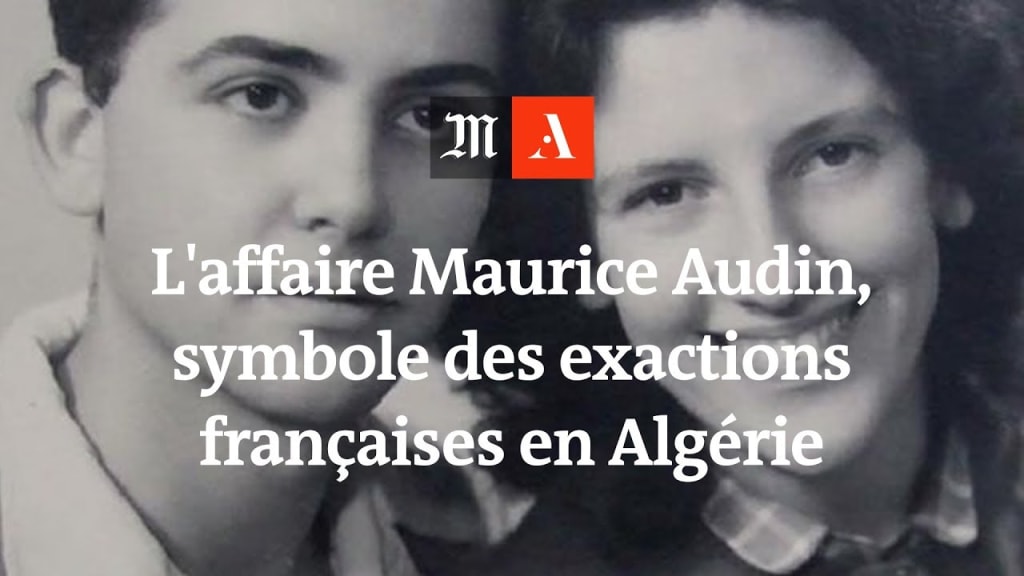The Disappearance of Maurice Audin
A Tragic Symbol of the Algerian War

The Disappearance of Maurice Audin is a case that has remained shrouded in mystery and controversy for over six decades. Maurice Audin was a French mathematician and political activist who disappeared in 1957 during the Algerian War of Independence. His case is often cited as an example of the human rights abuses committed by the French military during the war, and it has come to symbolize the brutality and violence that characterized the conflict.
Maurice Audin was born in Béjaïa, a city in northeastern Algeria, in 1932. He was the son of a French teacher and a Kabyle mother, and he grew up in a multilingual and multicultural environment. After completing his secondary education, Audin studied mathematics at the University of Algiers, where he earned a doctorate in 1957.
Audin was also politically active and was a member of the Algerian Communist Party. He was a vocal supporter of Algerian independence from France and was involved in organizing and participating in demonstrations and protests against French rule. In 1957, the French government declared a state of emergency in Algeria in response to the growing insurgency, and many political activists and suspected insurgents were arrested and detained.
On the night of June 11, 1957, Maurice Audin was arrested by French paratroopers who suspected him of being a member of the National Liberation Front (FLN), the main insurgent group in Algeria. According to eyewitness accounts, Audin was taken from his home in Algiers and brought to a military barracks, where he was interrogated and possibly tortured. His wife, Josette, was also arrested and held in detention for several months before being released.
After Audin's arrest, his family and friends made numerous inquiries and petitions to the French authorities, demanding information about his whereabouts and well-being. However, the French military denied any knowledge of his arrest or detention, and no official record of his detention or transfer was ever made.
In 1958, the French military announced that Audin had escaped from custody and was on the run. However, this claim was widely dismissed as a cover-up, and it is widely believed that Audin was in fact tortured and killed by the French military. Over the years, several witnesses have come forward with testimony supporting this theory, including former paratroopers who claimed to have been present during Audin's interrogation and torture.
Despite the overwhelming evidence pointing to French responsibility for Audin's disappearance, the French government did not officially acknowledge his death until 2018, more than six decades after his disappearance. In a statement issued by President Emmanuel Macron, the French government admitted that Audin had been tortured and killed by the French military, and apologized to his family for the years of denial and obfuscation.
The case of Maurice Audin has come to symbolize the brutality and violence of the Algerian War, and it remains a contentious issue in France and Algeria today. Many activists and politicians in Algeria have called for the French government to do more to acknowledge and atone for its role in the war, including offering reparations to the victims and their families.
The case has also raised broader questions about the relationship between France and its former colonies, and the legacy of colonialism and imperialism in the modern world. The Algerian War was a turning point in French history, marking the end of its colonial empire and the beginning of a new era of international relations. However, the scars of the war continue to resonate to this day, and the case of Maurice Audin serves as a reminder of the human cost of conflict and violence.
About the Creator
Keerthana Thirumalairaj
An Independent Solitude girl, who recently found the interests in writings and converts Facts and imaginations into writings.






Comments
There are no comments for this story
Be the first to respond and start the conversation.